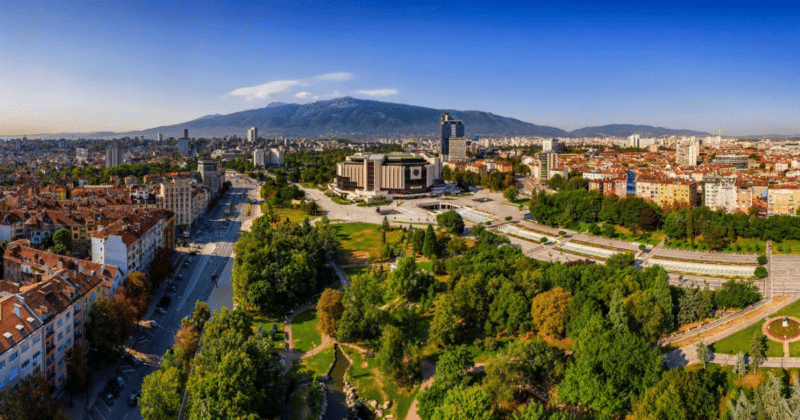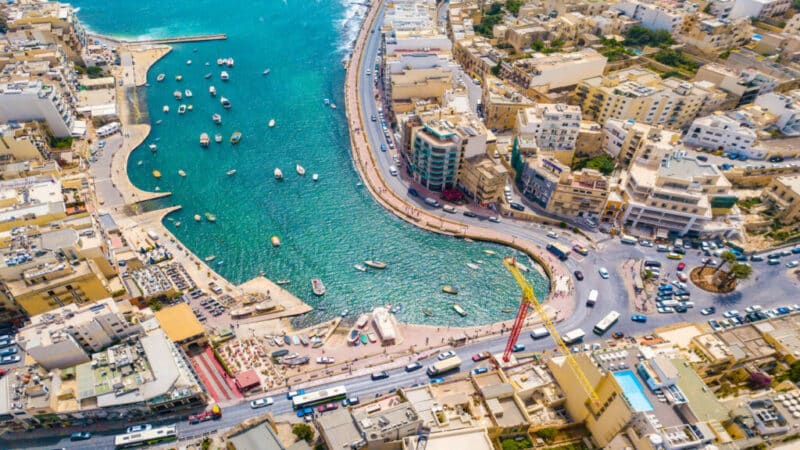
When it comes to starting a business, the geographical location and legal jurisdiction can significantly influence the success or failure of the venture. Among numerous international options, Bulgaria has emerged as an attractive destination for business incorporation due to its numerous advantages. However, the business landscape isn’t without its challenges and grey areas.
Why Incorporate in Bulgaria?
Favorable Taxation
Arguably the most attractive benefit of incorporating a company in Bulgaria is the favorable taxation system. Bulgaria boasts one of the lowest corporate tax rates in the European Union, a mere 10%. In contrast, many Western European countries have corporate tax rates above 20%, making Bulgaria an attractive alternative for entrepreneurs seeking to maximize their profits.
EU Membership
Bulgaria’s membership in the European Union offers businesses access to a single market of over 450 million people. This facilitates the movement of goods, services, capital, and people across member countries, creating opportunities for businesses to expand and diversify their consumer base. Furthermore, Bulgarian businesses also have access to various EU funds and subsidies.
Ease of Business Incorporation
The process of incorporating a company in Bulgaria is relatively straightforward, with a low minimum capital requirement of 1 BGN (approximately 0.5 Euros). This opens the door for entrepreneurs of all financial backgrounds to start their businesses.
Skilled Labor Force
Bulgaria has a highly educated workforce, particularly in the fields of engineering, IT, and other technological industries. This is an appealing factor for businesses in the tech industry or those that require specialized skills.
Challenges and Grey Areas
Despite the advantages, incorporating in Bulgaria comes with its fair share of challenges and grey areas.
Language Barrier
One of the most notable downsides is the language barrier. While English proficiency is growing, especially among younger Bulgarians and in urban areas, it is not as widespread as in many other EU countries. This could pose difficulties in daily business operations, negotiation processes, and overall communication.
Perception and Reputation
There may also be some challenges associated with perceptions about doing business in Bulgaria. Due to its relatively recent history of corruption, some potential business partners or customers might view a Bulgarian-based company with suspicion. This could necessitate additional efforts to establish trust and credibility.
Regulatory Compliance
While Bulgaria offers a favorable business environment, regulatory compliance might be a grey area for some businesses. While it’s easier to start a business, the legal and bureaucratic procedures can be complex and time-consuming. Moreover, businesses that are unfamiliar with local regulations might face difficulty navigating this landscape.
Corporate Governance
Another grey area is corporate governance. While the corporate governance standards in Bulgaria are aligned with international norms due to its EU membership, the enforcement of these standards can sometimes be weak. This might create a risk for businesses, particularly those looking for investment or partnerships.
Alternatives to Incorporating in Bulgaria
While Bulgaria is an attractive location for incorporating a business, there are other alternatives that could be more suitable depending on the nature and needs of your business. Let’s examine a few alternatives, including Malta, Cyprus, Ireland, and other Baltic countries.
Malta
Malta is an enticing destination for entrepreneurs looking to incorporate their business in an EU member state. With competitive tax rates, including an effective corporate tax rate that can be reduced to 5% through tax refunds, Malta offers a business-friendly environment. The island nation is particularly attractive for industries like iGaming, fintech, and blockchain, thanks to progressive regulations. However, it is worth noting that Malta has come under scrutiny from EU authorities over its financial regulations and its fight against money laundering. As a result, businesses may face increased scrutiny and regulatory compliance measures.
Cyprus
Cyprus is another popular choice for business incorporation. It offers an appealing mix of low corporate tax rates (12.5% as of 2021), a robust legal framework based on English Common Law, and a strong network of double taxation treaties. The country also has a thriving services sector, which is a boon for companies in finance, shipping, and IT. Nevertheless, the country’s reputation took a hit due to the 2013 banking crisis. Although it has since recovered and implemented stricter financial controls, the memory may still raise concerns among potential investors and partners.
Ireland
Ireland is widely recognized as a global hub for business and innovation. It offers a low corporate tax rate of 12.5%, a highly skilled workforce, strong infrastructure, and an English-speaking environment, making it particularly attractive for international businesses. The country is a hotspot for tech giants, including Google, Apple, and Facebook, which have set up their European headquarters in Ireland. However, living and operational costs are higher compared to Eastern European countries. Additionally, ongoing international debates around corporate tax havens may lead to changes in Ireland’s tax policies in the future.
Baltic Countries: Estonia, Latvia, and Lithuania
The Baltic countries – Estonia, Latvia, and Lithuania – present a compelling case for business incorporation. These countries are known for their ease of doing business, with straightforward and fast digital processes for business registration. Particularly, Estonia’s e-residency program allows international entrepreneurs to establish and manage an EU-based company online.
The Baltic countries have competitive corporate tax rates (for example, Estonia imposes corporate tax only on distributed profits), a favorable location for trade, and a well-educated workforce with good English proficiency. However, their markets are relatively small, and businesses could face higher barriers to entry in certain regulated industries.
Conclusion
Incorporating a company in Bulgaria presents an attractive opportunity due to favorable tax rates, EU membership, ease of business incorporation, and access to a skilled workforce. However, potential challenges like language barriers, reputational issues, regulatory compliance, and corporate governance should be considered.
In the end, whether Bulgaria is the right location for incorporating your business will depend on the nature of your business, your target market, and how well you can manage the potential challenges. It is essential to conduct thorough research and consider seeking legal and financial advice to make an informed choice. You should also talk to other entrepreneurs that have incorporated in Bulgaria to get a real sense of what to look out for.




